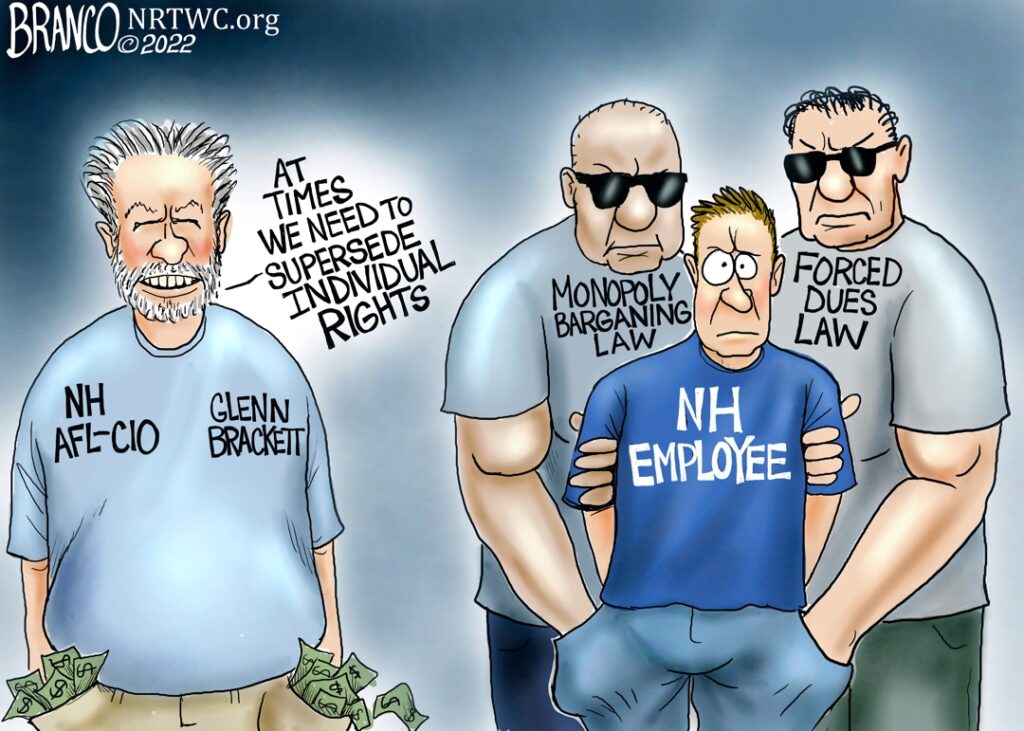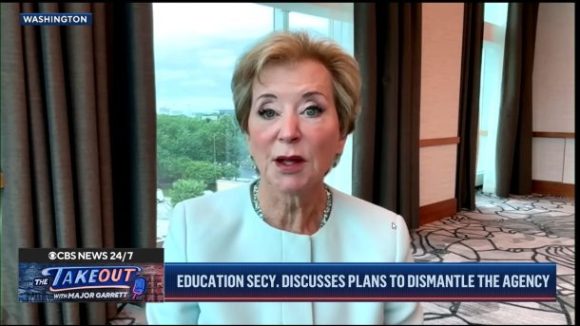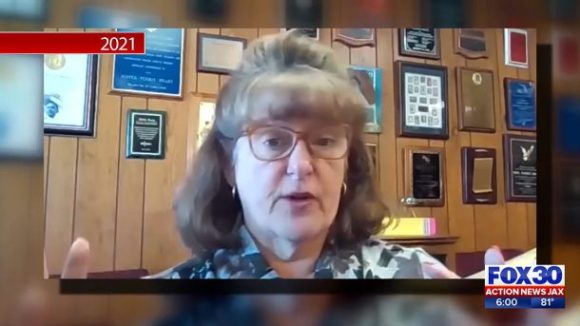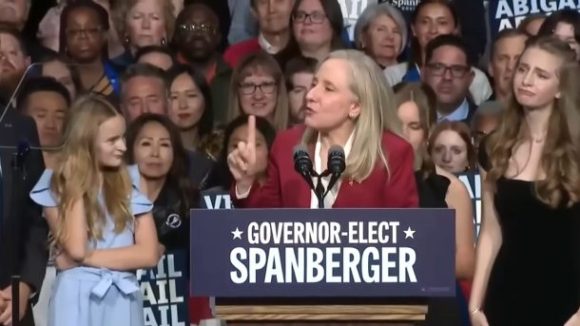Federal Bureaucrats Never Served Schoolkids
Repeal at the state level of monopoly bargaining laws is ultimately what is needed, but the DoED downsizing is definitely a good step.

Take it from New Hampshire AFL-CIO President Glenn Brackett: One of the biggest problems in America today is that too many people believe “freedom is an individual choice”!
Like other union officials around the country, Mr. Brackett doesn’t trust the individual employee to contribute financially to a union if he or she agrees with what the union is doing, even though the American system of limited government is based on voluntarism.
“There are things that have to be done in this country that supersede individual rights,” insists Mr. Brackett, and he is sure corralling workers into unwanted unions is one of them. Unfortunately for Mr. Brackett, growing numbers of New Hampshire citizens disagree with him about that.
A poll conducted last year for the Concord, N.H.-based Josiah Bartlett Center for Public Policy found that, by a 3-1 margin, registered voters in New Hampshire agree that workers in their state should no longer be forced to pay union dues or fees as a condition of employment.
Support is overwhelming among New Hampshire citizens regardless of their age group, education level, or where they live.
Mr. Brackett and his Big Labor cohorts like to pretend in public there is no good reason why any employees would prefer not to bankroll the union to whose monopoly-bargaining power they are subject, but that’s obviously not so.
Even union-label Vice President Kamala Harris knows better.
In 2015, a team of California officials headed by then-Attorney General Harris submitted a brief to the U.S. Supreme Court, urging it to reject a First Amendment challenge to more than 20 state laws then authorizing compulsory union dues and fees as a condition of public employment.
(Big Labor narrowly prevailed in this case, known as Friedrichs v. CTA, but in 2018 the High Court overturned all government-sector forced-dues statutes in Janus v. AFSCME, a case argued and won by a National Right to Work to Legal Defense Foundation attorney.)
In the course of making their argument, Ms. Harris et al. openly conceded:
“Unions do have substantial latitude to advance bargaining positions that … run counter to the economic interests of some employees.”
Specific examples of what the future vice president had in mind were cited in a 1995 academic journal article by the late Dr. Clyde Summers, perhaps the preeminent American labor-law specialist of the 20th Century:
“Full-timers may bargain to limit the jobs of part-timers, seniority provisions may disadvantage younger workers, and wage increases of the low skilled may be at the expense of the highly skilled.”
Today, Mr. Brackett insists private-sector workers in New Hampshire must be compelled as a condition of keeping their jobs to bankroll a union, whether it helps or hurts them economically, but his position may not prevail for much longer.
There is hope on the horizon.
With the wind seemingly at the backs of those who support freedom in the workplace, the National Right to Work Committee and its regional and state allies, like those in the New England Citizens for Right to Work, are now implementing candidate survey programs in New Hampshire and other states across the country.
National Right to Work Vice President John Kalb explained:
“Politicians running for all 400 seats in the New Hampshire House of Representatives and the 24 seats in the state Senate are now being contacted and urged to state clearly where they stand on our issues.
“Those answers will be passed on to the voters both for the primary on September 13 and for the general election on November 8.
“With the hard work put in by our staff and volunteers in New Hampshire and across the country, we can potentially make 2023 a banner year in the Committee’s efforts to expand freedom for workers in state after state.
“Like it or not, Glenn Brackett and other New Hampshire union bosses may soon have to get by somehow without being legally empowered to ‘supersede’ individual worker rights!”
This article was originally published in our monthly newsletter. Go here to access previous newsletter posts.
To support our cause and help end forced unionism, go here to donate.

Repeal at the state level of monopoly bargaining laws is ultimately what is needed, but the DoED downsizing is definitely a good step.

The recent experiences of Florida and Arkansas show that, when government stops impeding American educators’ exit from teacher unions, many will leave them.

"[Spanberger] voted twice for the so-called ‘PRO Act,’ which would have destroyed the Virginia and every other state Right to Work law, and cosponsored it one last time before stepping down to run for governor."